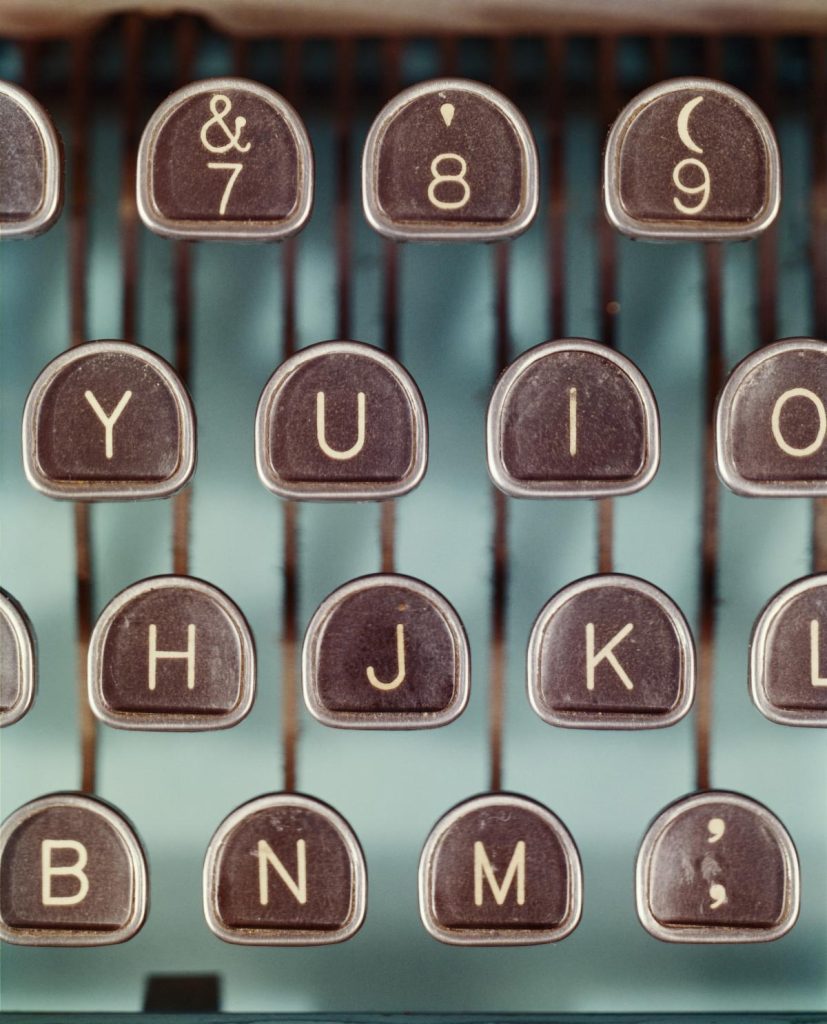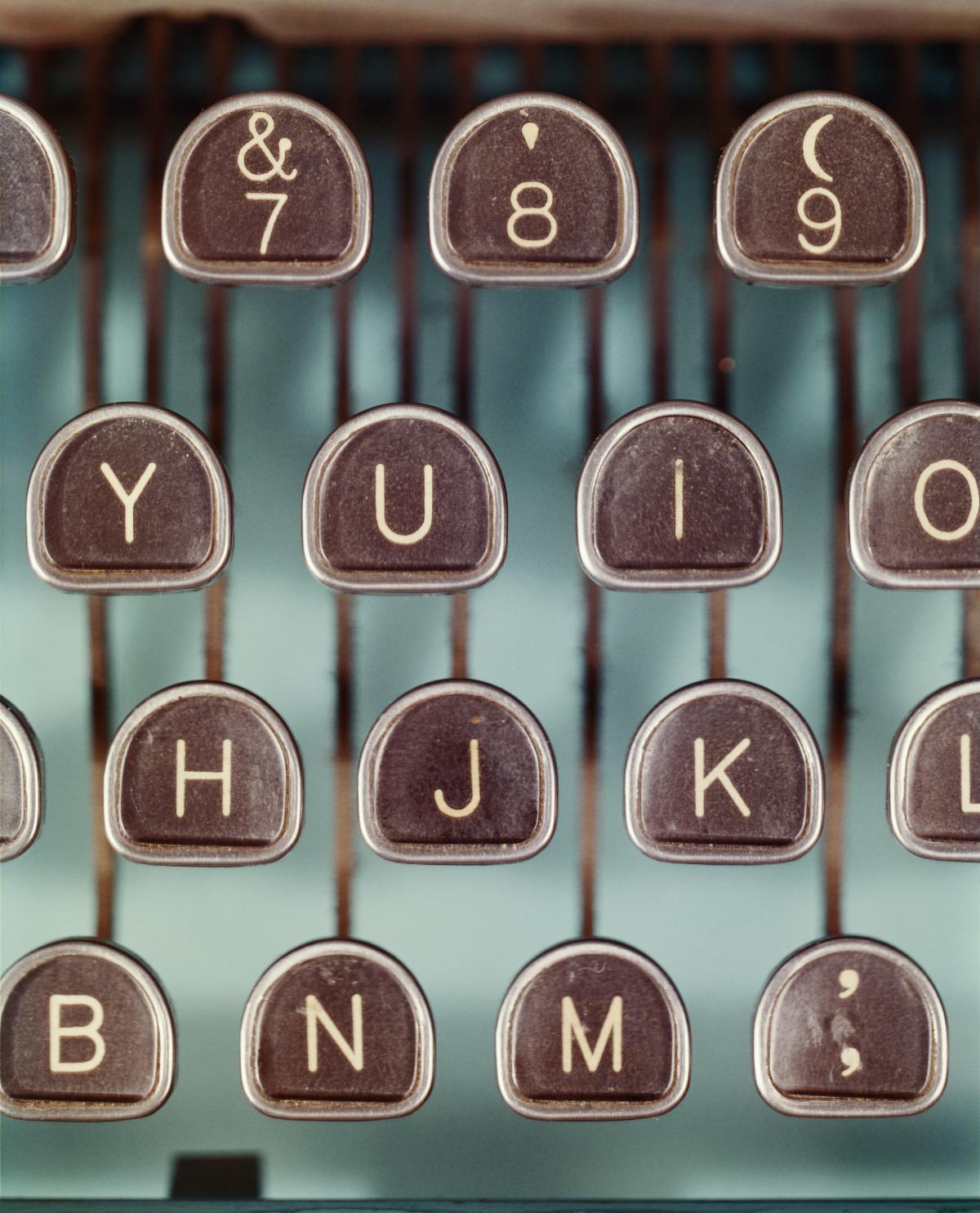Last week, exploring this month’s theme of The Power of Ritual (March Meditation HERE), I shared my secret for consistent piano practice.
Namely, I committed to 13 minutes a day, an amount of time I can manage both in my schedule, and far more importantly, my mind perceives as non-overwhelming.
By doing this, I adhere to James Clear’s 3rd Law in Atomic Habits: Make It Easy.
Additionally, I forgot to mention that I also find success here by applying his 1st Law: Make It Obvious.
You see, rather than retrieving it out of the utility closet each time I want to practice, I now keep my keyboard inpermanent residence at the foot of my bed.
The tradeoff for taking up a few extra feet of precious NYC space is that my keyboard’s constant and obvious presence reinforces my commitment to practice––a choice I sincerely want to make.
As Clear writes, redesigning an environment in this way “allows you to take back control and become the architect of your life.”
Indeed, making the bed with the keyboard at its foot is slightly more difficult, but then again, so is dealing with this guy:

On this same topic, a decade ago a commencement speech by Admiral William McRaven went viral.
One of the highlights was his admonition about the importance in his Navy SEAL training of making his bed.
“My instructors who were at the time were all Vietnam veterans, would show up in my barracks room and the first thing they do is inspect my bed. If I did it right, the corners would be square, the covers would be pulled tight, the pillow centered just under the headboard and the extra blanket folded neatly at the foot of the rack. It was a simple task, mundane at best, but every morning we were required to make our bed to perfection.”
McRaven admits that it “seemed a little ridiculous at the time,” given that this focus on crisp linens seems like something that would be of much more concern to Martha Stewart than battle-toughened SEALS.
Yet he quickly came to see the wisdom in this, that:
“If you made your bed every morning, you will have accomplished the first task of the day. It will give you a small sense of pride and it will encourage you to do another task and another and another.”
Starting with a minor achievement and continuing throughout the day creates a snowball effect that can lead to continued and escalating success.
Making the bed is both easy and obvious––thank you James Clear––yet its ripple effects can be profound.

Another type of keyboard dominates my life.
Specifically, the one on which I’m composing this newsletter.
For years, I believed the widespread myth that the layout of the QWERTY keyboard (named for its top row of letters) was designed to slow down typists.
I remember learning to type in my teens and assumed that the bizarre order of the letters must have been designed randomly, if not with malevolence.
Instead, I’ve now learned that although it’s evolved a bit since its invention in the 1870s, the QWERTY ordering was initially conceived to separate common pairings of letters that were too close together thus causing the levers on the mechanical typewriter keys to jam.
Although certainly not obvious, this seemingly bizarre sequence of letters was actually designed to make things easier; in other words, so that those oddly ordered keys didn’t get stuck and you could just speed merrily along.
There’s an odd irony that to allow things to flow more smoothly, a more disruptive sequence is actually necessary.
I have no answers yet, but I wonder where else this applies in our lives…

Another aspect of the Power of Ritual (again, March Meditation HERE) that Admiral McRaven shares is that “Making your bed will also reinforce the fact that the little things in life matter.”
As anyone who’s ever fumbled for a wifi password knows, tiny details are essential.
There’s no better argument or experience to reinforce the need for accuracy and precision.
Getting a single digit or character wrong prevents you from connecting with our entire knowledge-base for the known universe.
You’re either connected or you’re not, and it’s all via the details.
As McRaven said, “If you can’t do the little things right, you’ll never be able to do the big things right.”
I wholeheartedly agree that whether it’s making the bed (or doing the crossword), it’s extremely helpful to start the day with a ritual that reminds us of exactly that.

Interestingly, beyond preventing jamming, there’s also evidence of another advantage of the QWERTY keyboard.
Arranging the most often-used keys farther apart also helps improve typing speed by forcing an alternation between the right and left digits.
Now that I’ve brought this to your attention, the next time you type anything, see if you also notice that indeed there really is a kind of back and forth rhythm between the fingers of each hand.
Truly, neither of my hands dominates, allowing finger movements to zig zag back and forth between left and right rather smoothly.
The logic behind QWERTY reminds me of the classic metaphor of the back of the tapestry being a study in chaos, often seemingly unrelated to the artful image in front.
The scrambled order of the keyboard functions in the same way.
Once mastered, the QWERTY pattern’s seeming chaos actually serves ease and flow––and therefore the creation and communication of meaning––far more than we might ever have imagined.

Another part of my piano ritual that I haven’t mentioned is that Vlad definitely likes to listen when I play, as does Malibu when he visits.
(In particular, just FYI, they both seem particularly partial to Beethoven.)
Having it be something that we do together again follows Ritual Rule #1: Make it Obvious.
As a shared activity, it has a built-in frame around itself.
This also echos what McRaven says about another aspect of making one’s bed: that it stands as an obvious completed accomplishment, one we can witness and draw strength from when discouraged.
Indeed, as he shared:
“If by chance you have a miserable day, you will come home to a bed that is made, that you made. And a made bed gives you encouragement that tomorrow will be better.”
There’s true power in witnessing your accomplishments, however seemingly minor.
Create the proof you need––in other words––and draw strength from it by making it impossible to ignore.
As my practicing has taught me, if you want to master something, make sure the reminder is directly on your path, even if you occasionally stumble on it.
Indeed, as McRaven so memorably summarizes, “If you want to change the world, start off by making your bed.”
Frankly, nothing could be easier…or more obvious.
Namaste for Now,


